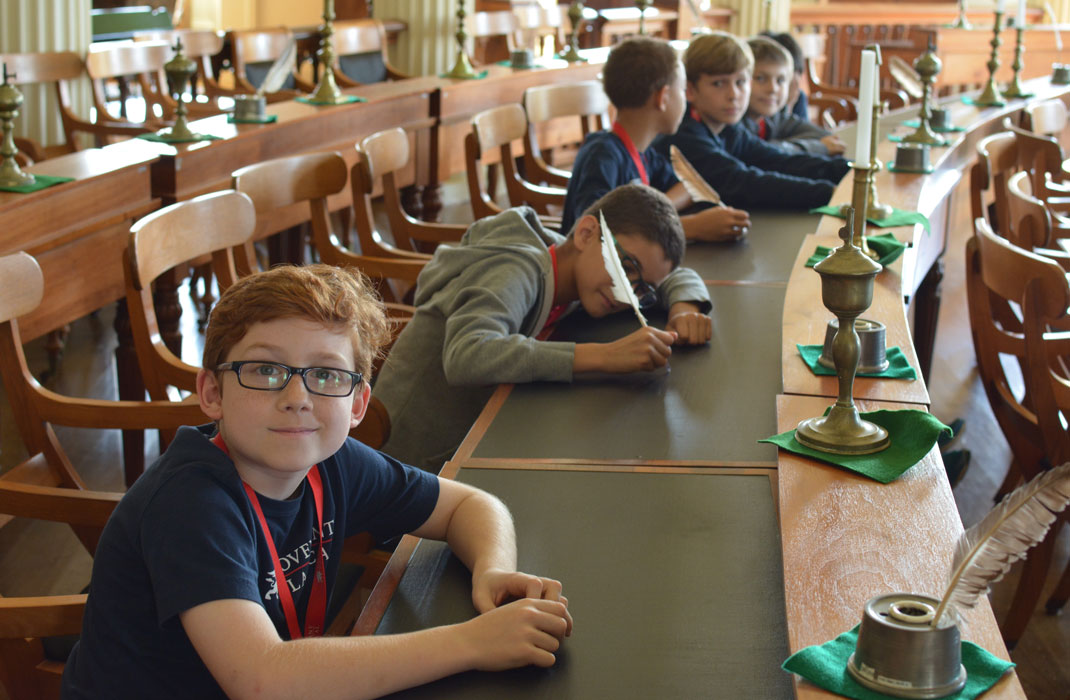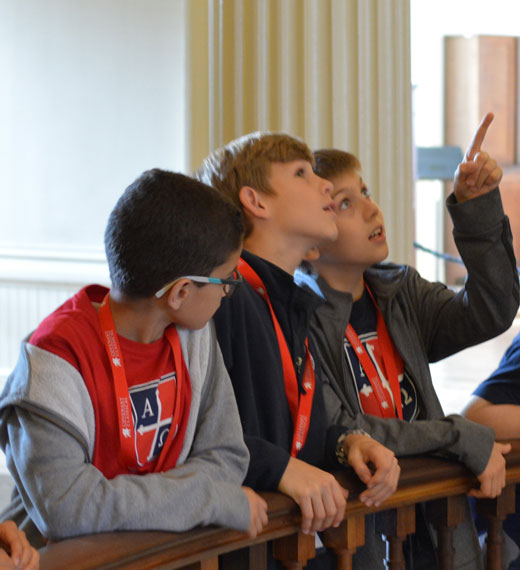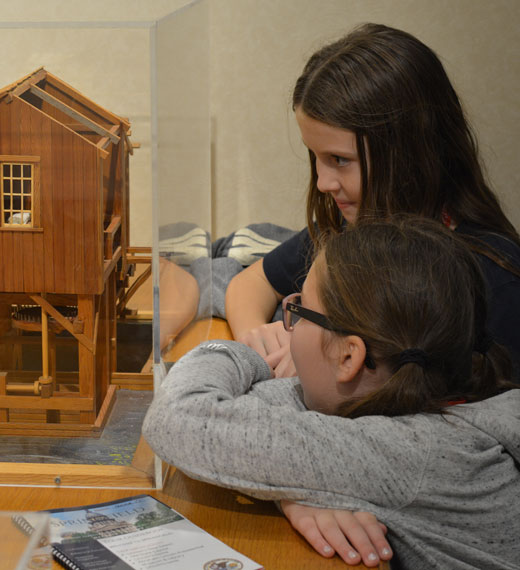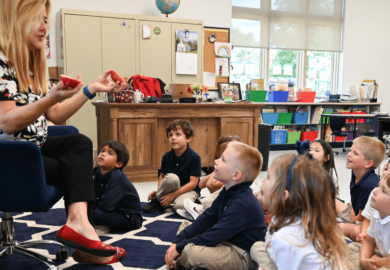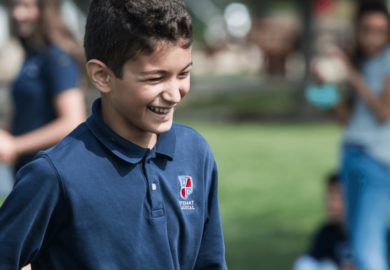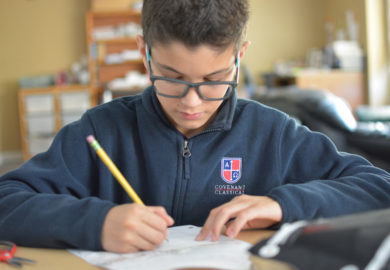Keep an Open Mind
Sometimes, in order to understand something we must first understand what it is not. This may be particularly helpful as we consider the intellectual virtue of fair-mindedness.
There is a significant push in modern culture toward the acceptance and validation of every idea and belief. We often refer to this philosophy as relativism. And though it can present itself as open-minded thinking, it is actually often the exact opposite.
“A relativistic view of truth can not only hinder learning, but at times make it impossible. Because this belief assumes that many things are not objectively knowable, searching for truth becomes meaningless.”
A relativistic view of truth can not only hinder learning, but at times make it impossible. Because this belief assumes that many things are not objectively knowable, searching for truth becomes meaningless. Not only will students become gullible, falling for each new idea presented without any critical evaluation at all, but they will also fail to recognize truth when it stands in front of them.
One practicing virtuous fair-mindedness, on the other hand, earnestly seeks to know truth and is willing to listen to differing opinions, even when these stand in contrast to one’s own firmly held views on a subject.

